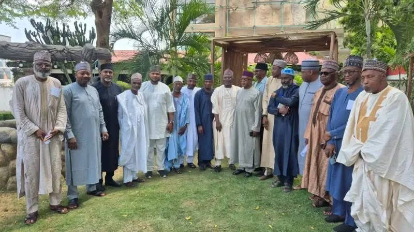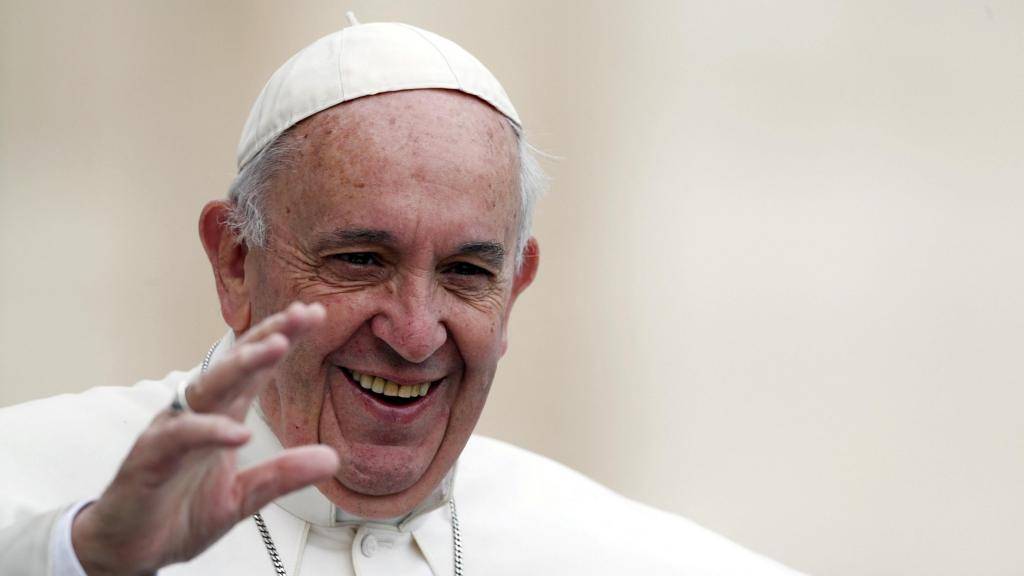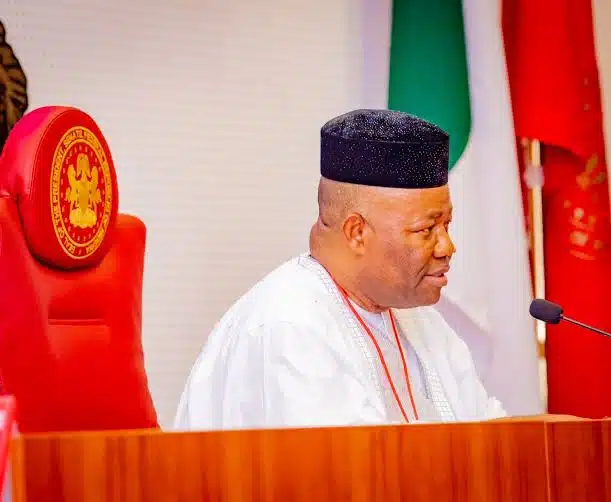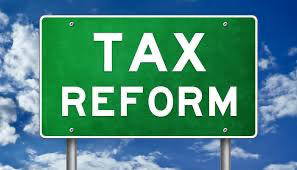With the Federal Government considering new taxes to improve its earnings, the Centre for the Promotion of Private Enterprise (CPPE) has argued that stemming inflationary trends, insecurity and foreign exchange challenges should be the priority for economic managers next year.
According to the CPPE, the rising cost of goods and services remains a source of concern, considering that insecurity has deprived many farmers of the opportunity to return to their farms.
The Chief Executive of the CPPE, Dr. Muda Yusuf, at the maiden press conference of centre, stated the need to minimise the monetisation of fiscal deficit, urging that the financing of the deficit by the Central Bank of Nigeria (CBN) should be strictly limited to the statutory threshold in the CBN Act.
He added that the government should seek creative ways of addressing insecurity in order to pave the way for farmers to return to their farms.
“We need to address the cost of logistics. We need to address the ease of cargo clearing at the port and also need to address climate change concerns.”
He also noted the need to review the nation’s trade policy to bring down the cost of some intermediate products for manufacturers.
In his words, “As of January this year, headline inflation was 16.47 per cent and rose to a peak of 18.17 per cent in March and decelerated incrementally to 15.40 per cent in November 2021. However, headline inflation has been on the increase on a month on month basis from January to date, albeit at a reduced rate.
“Meanwhile, food inflation has been consistently higher than headline inflation and core inflation for the most part of the year.”
He stressed that inflationary pressure remains a major cause for worry both for businesses and the households as it remains elevated, adding that it has been fuelled by structural constraints, which inhibited productivity in the economy.
He further explained that the growing insecurity affecting agricultural output in practically all parts of the country and climate change that includes desertification and flooding, which have also taken their toll on agricultural outputs have all contributed to the rising inflation in Nigeria.
He said another factor responsible for inflation is the sharp depreciation of the Naira exchange rate leading to high cost of raw materials, inputs, equipment and some imported finished goods.
He frowned at the proposal by the Federal Ministry of Finance to reintroduce excise duty on carbonated drinks, saying that it is ill-timed and most inappropriate given the prevailing harsh economic and business conditions.
“The citizens and the business community are already experiencing a galloping and volatile inflationary condition,” he stated.
He pointed out that the reintroduction of excise duty negates the economic recovery, job creation and poverty reduction aspirations of the federal government.
He warned that many upcoming small businesses in the beverage sector would be hard hit by this proposal.
“The millions of micro-enterprises in the carbonated drinks and fruit juice distribution chain will be adversely impacted by the imposition of the excise tax,” he stressed.
The CPPE boss said Nigerian manufacturing companies, and indeed most investors, are going through tremendous stress at the moment as they are currently grappling with serious macro-economic challenges and structural constraints impacting capacity utilisation, productivity and competitiveness.
“This is affecting sales, turnover, profitability, shareholder value and the sustainability of investments. The norm globally at this time is to provide incentives for industries to aid their recovery from the shocks of the pandemic and escalating costs. We cannot afford to be doing the exact opposite. Manufacturers, across all product segments, need a respite, especially in the light of the unprecedented escalation of production and operating costs,” he advised.
He said CPPE would like to appeal to the finance minister to review the recent provisions to Tax Appeal Tribunals rules compelling those who have tax disputes to pay 50 per cent of the amount in dispute before their appeal can be heard.
“We submit that this is contrary to the principle of natural justice, it constitutes an obstruction to a fair hearing. We, therefore, call on the finance minister to review this policy urgently. Besides, the rule is in conflict with the FIRS Establishment Act that set up the tribunal.”
We therefore request that this rule be expunged from the proceedings of the tax appeal tribunals in the interest of fair hearing,” he added.
He said the Cash Reserve Ratio (CRR) imposed on the Nigerian banks is one of the highest globally, pointing out that the CRR, which is currently at 27.5 per cent, has become a major impediment to financial intermediation by the banks.
He stressed that even more disturbing is the fact that effective CRR is as high as 50 per cent or more for some banks.











